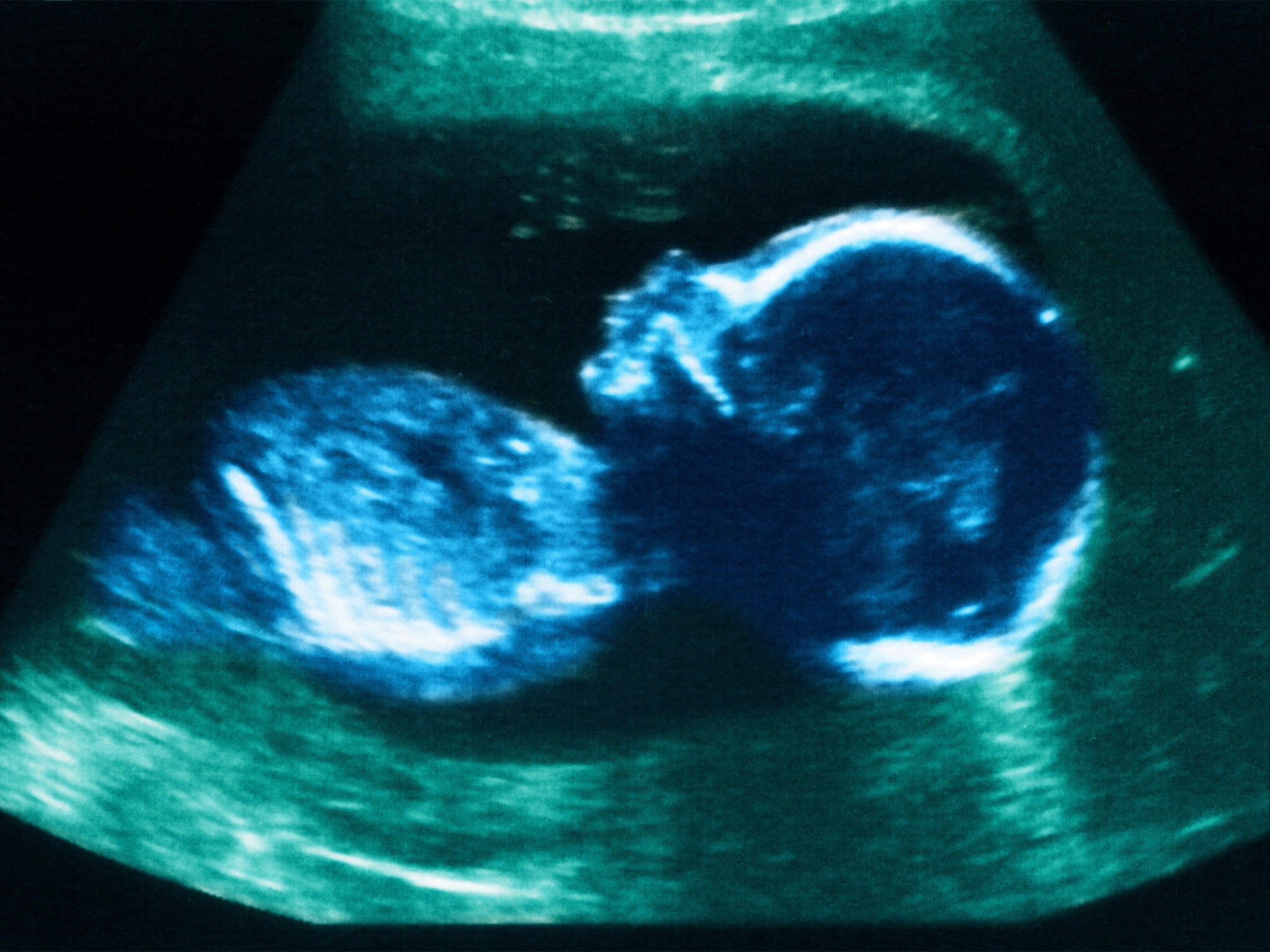The lost girls: Illegal abortion widely used by some UK ethnic groups to avoid daughters 'has reduced female population by between 1,500 and 4,700'
Exclusive: Shock figures call into question official assurances that gender ratio for British births is ‘normal’

Your support helps us to tell the story
From reproductive rights to climate change to Big Tech, The Independent is on the ground when the story is developing. Whether it's investigating the financials of Elon Musk's pro-Trump PAC or producing our latest documentary, 'The A Word', which shines a light on the American women fighting for reproductive rights, we know how important it is to parse out the facts from the messaging.
At such a critical moment in US history, we need reporters on the ground. Your donation allows us to keep sending journalists to speak to both sides of the story.
The Independent is trusted by Americans across the entire political spectrum. And unlike many other quality news outlets, we choose not to lock Americans out of our reporting and analysis with paywalls. We believe quality journalism should be available to everyone, paid for by those who can afford it.
Your support makes all the difference.The illegal abortion of female foetuses solely to ensure that families have sons is widely practised within some ethnic communities in Britain and has resulted in significant shortfalls in the proportion of girls, according to an investigation by The Independent.
The practice of sex-selective abortion is now so commonplace that it has affected the natural 50:50 balance of boys to girls within some immigrant groups and has led to the “disappearance” of between 1,400 and 4,700 females from the national census records of England and Wales, we can reveal.
A government investigation last year found no evidence that women living in the UK, but born abroad, were preferentially aborting girls. However, our deeper statistical analysis of data from the 2011 National Census has shown widespread discrepancies in the sex ratio of children in some immigrant families, which can only be easily explained by women choosing to abort female foetuses in the hope of becoming quickly pregnant again with a boy. The findings will reignite the debate over whether pregnant women should be legally allowed to know the sex of their babies following ultrasound scans at 13 weeks.
Some experts have argued that the baby’s sex should be withheld automatically until much later in pregnancy, when abortions are more difficult to obtain – as some NHS hospitals have already started to do.
About 10 per cent of the 190,000 abortions carried out in England and Wales in 2011 took place after 13 weeks of pregnancy, when the sex organs of the foetus are clearly visible from ultrasound scans – which are available privately – and doctors can predict gender with an accuracy of more than 99 per cent.
Abortions based solely on gender are illegal in Britain and in many other countries, even those where the practice is widespread. In parts of India and China there are now as many as 120 or 140 boys for every 100 girls despite a ban on sex-selective abortion.
Amartya Sen, the Indian-born economist and Nobel laureate who warned 25 years ago about the tens of millions of “missing women” in the world, said gender-based abortions are a new form of sex discrimination. “Selective abortion of female foetuses – what can be called ‘natality discrimination’ – is a kind of high-tech manifestation of preference for boys,” Professor Sen said.

To see if the practice has reached Britain, The Independent commissioned a series of tables from the Office for National Statistics (ONS) showing the numbers of families with dependent children who were registered in the March 2011 census, broken down by country of birth of both the mother and father.
We concentrated on the numbers and genders of second-born children within these families to see whether families whose first child was a daughter were more likely to have a son as their second child.
Studies in other countries, notably Canada, have indicated that couples in some immigrant groups are willing to “accept” a daughter as their first child, but then abort girls in future pregnancies to ensure the second child is a boy.
We found that in two-child families of some first-generation immigrants, having elder daughters significantly increases the chances of the second child being male – an imbalance in the sex ratio that should not occur naturally.
To double-check our analysis, we asked professional statisticians to analyse the data in more detail. They confirmed that the effect is statistically significant and that there are only two plausible explanations, which are not mutually exclusive – either gender-based abortion or the practice of women continuing to have children until a son is born.
The latter phenomenon might explain most of the gender imbalances we observed in two-child families, said Christoforos Anagnostopoulos, a lecturer in statistics at Imperial College London. However, it could not explain some sex-ratio anomalies that persisted across families of all sizes, notably for mothers who were born in Pakistan, Bangladesh and Afghanistan.
“The only readily available explanation that is consistent with a statistically significant gender shift of the sort observed in the census data is gender-selective abortion,” Dr Anagnostopoulos said. “In the absence of a better theory, these findings can be interpreted as evidence that gender-selective abortion is taking place.”
There is also some statistical evidence to suggest that gender-based abortions may also be occurring among women living in England and Wales who were born in India and Nepal – although there is insufficient data to confirm this effect, he said.
What the data does not show is whether couples are returning to their home countries to have sex-selective abortions, or getting them done illegally in the UK. Sir Sabaratnam Arulkumaran, a Sri-Lankan born gynaecologist and past president of the Royal College of Obstetricians and Gynaecologists, said he struggled to explain the findings as most abortions in the UK are undertaken prior to 13 weeks, when ultrasound scans to determine gender are unreliable.
“I am surprised actually, if that is what they have found… I cannot dispute the facts… but the question is: how did it happen?” he said.
A spokeswoman for the Department of Health said: “Abortion on the grounds of sex selection is against the law and completely unacceptable.”